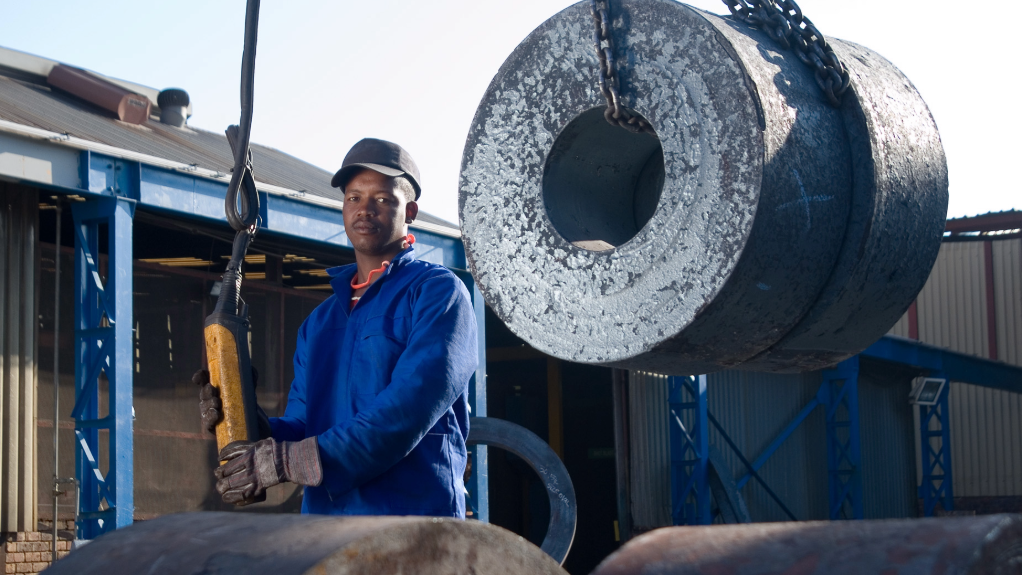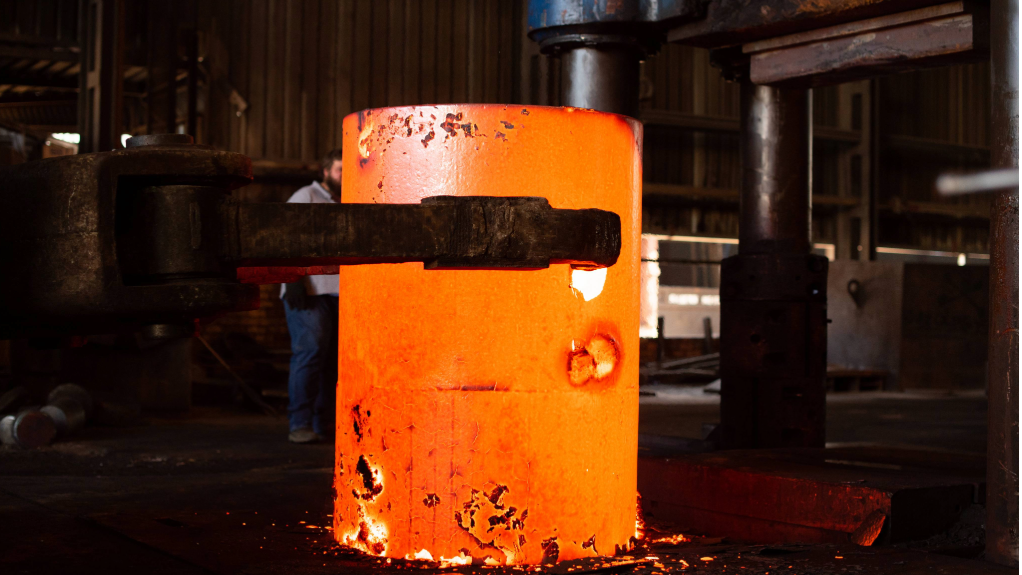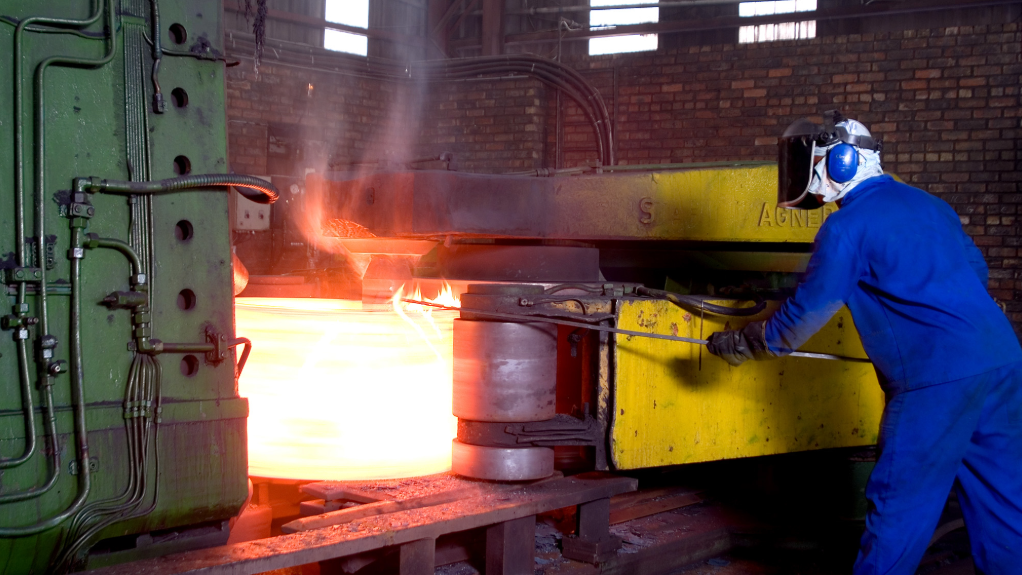While diversified manufacturing company Frankwen Forge is taking proactive steps to adapt and enhance its service offerings, broader structural changes are necessary to safeguard and advance the manufacturing sector in South Africa, the company says.
It therefore advocates for several key changes to revitalise the manufacturing sector, with the company suggesting that South Africa needs to reduce imports to protect local manufacturing capacity, while simultaneously creating a more favourable investment and employment climate.
Additionally, the company notes that ensuring a reliable supply of essential resources, such as gas and electricity, will be key to achieving this outcome.
Frankwen Forge remains hopeful that a government task force will address these critical issues effectively, laying the groundwork for a more robust manufacturing sector in the years to come.
Within this difficult operating landscape, the company has installed a new deep hole drilling machine, significantly expanding its capabilities.
This technology allows Frankwen Forge to offer drilling services for holes ranging from 55 mm to 150 mm in diameter and up to 3 m in length, thereby improving the services available to its customers.
The installation of this machine was strategically chosen to complement the company’s existing forging operations and to improve overall service levels.
Frankwen Forge operates a comprehensive facility, based in Johannesburg, which is capable of forging, heat treating and machining all on one site, which the company says not only streamlines operations but also reduces lead times and operational costs.
This streamlining, the company adds, is a crucial benefit in a market characterised by generally low demand.
However, the company, and many like it, faces several critical challenges and industry trends.
These include concerns about the anticipated gas shortage in 2026, which could severely impact on many operations that depend on gas supplies.
Additionally, the decline of manufacturing engineering, exacerbated by duty-free imports and low duties, poses a significant threat, particularly as local operations struggle to compete against heavily subsidised imports from countries such as China.
The skills shortage in the market is another major concern, adversely affecting employment equity levels and the overall competitiveness of the local manufacturing sector.
“The current economic environment, marked by a reluctance to invest, further complicates the situation, contributing to the deterioration of the manufacturing industry,” the company states.
Edited by: Nadine James
Features Deputy Editor
EMAIL THIS ARTICLE SAVE THIS ARTICLE
ARTICLE ENQUIRY
To subscribe email subscriptions@creamermedia.co.za or click here
To advertise email advertising@creamermedia.co.za or click here

















